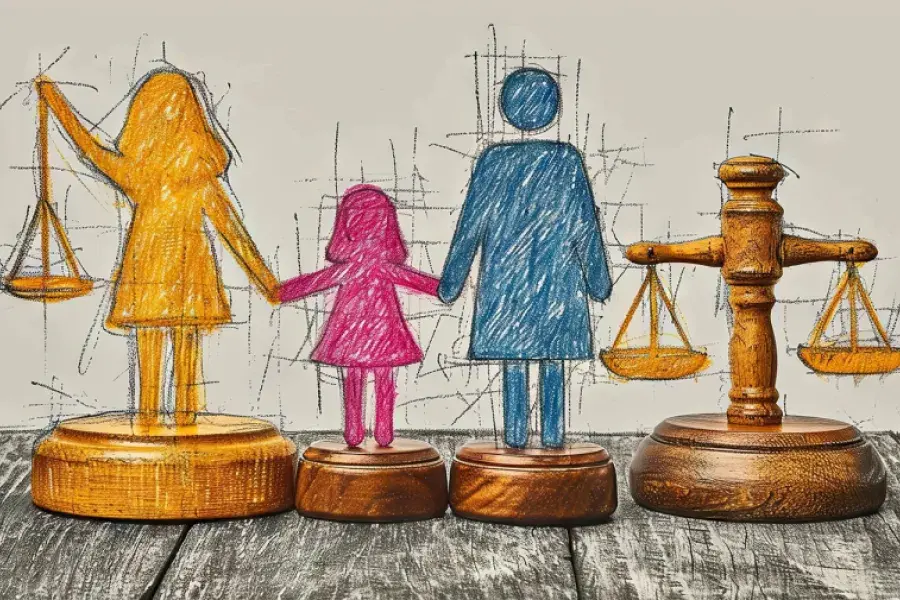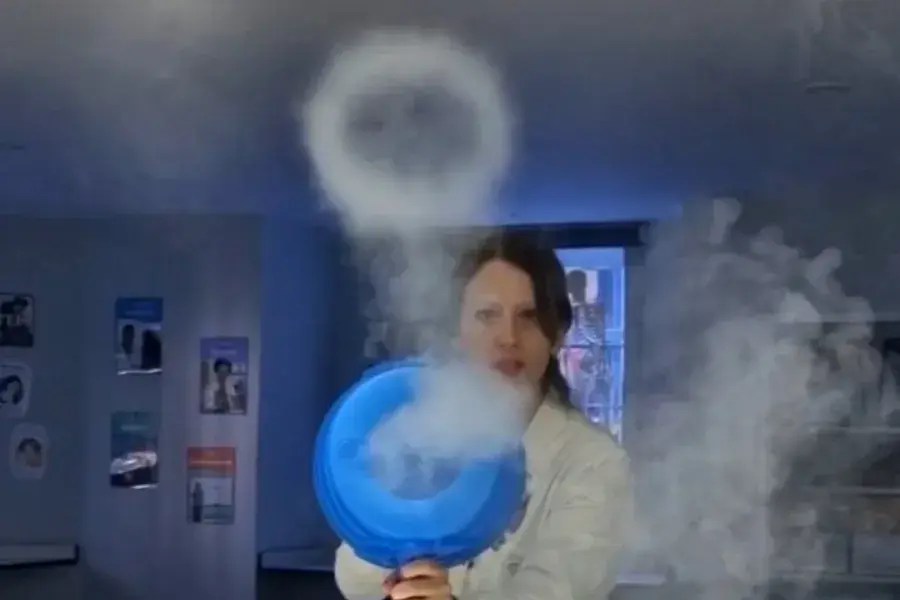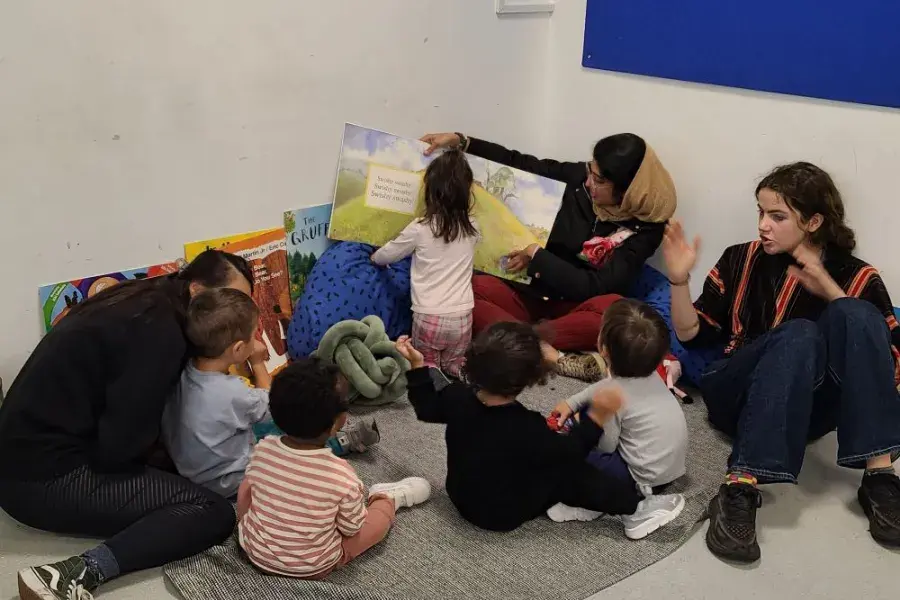SEN Child Advocacy: If I don't, who will?
While we’ve met some amazing and dedicated teachers and SENCOs, we also know that this isn’t the reality for every family. The experience this mother shares - heartbreaking as it is - is one that far too many others will sadly recognise.
“You are so strong! I don’t think I could handle all this as well as you”
People always tell me this. But I don’t feel strong. I have two autistic girls in mainstream school - one eight, one twelve - and I fight constant battles for them to get the support they need. I do it not because I’m strong, but because I have no other choice.
If I don’t, then who will?
The day my daughter's diagnosis was denied
Post diagnosis, my eight year old daughter went into school to proudly exclaim she has been diagnosed as autistic, only to be met by her class teacher with “no you're not, if you're autistic then so am I”.
That one sentence from her teacher crushed her pride in the moment. But it wasn’t just a one-off.
My daughter's teacher went on to make further comments like, “Stop crying, you are eight, not eight months,” and sighed when she took 'too long' to answer a question in class.
A teacher's words can wound
For weeks, my daughter came home upset. I didn’t want to go and have a word after school as this needed more action. I wrote a strongly worded email, stating my concerns about my daughter’s treatment by her teacher. I copied in the class teacher, the headteacher, and the SENCO. I spoke about the impact these comments were having on my daughter, autistic women and girls on the spectrum, intersectionality, race and mentioned the school’s values and inclusion policy and how this does not align with the views being shared.
The teacher described herself as being “shocked” by my email. (I think she was just shocked to be caught out).
I followed up with a meeting with the headteacher who was equally shocked and is completing an investigation that is ongoing. One day, my daughter came home smiling, stating she had had a great day at school, telling me “my teacher is nice to me now”. She has been given certificates and stickers, none of which she was getting after disclosing her diagnosis.
When doctors don't see what mothers do
While my youngest was being invalidated at school, my eldest was facing another fight in the medical system. During her pre-screening for autism, the paediatrician concluded that she did not meet the diagnostic criteria due to having “good speech” and “making eye contact”.
I was frustrated. Angry to be written off after begging for a referral two years earlier. Flabbergasted she couldn’t see what was so obvious to me. Annoyed that she dismissed us after 40 minutes in a clinic room with barely any interaction with my child.
My advocacy journey started here.
I refused to let this doctor tell me what I already knew. The word vomit started coming out, the passion of why I disagreed with her decision. Cue five minutes of passion from myself - my own diagnosis, the toll of misdiagnosis, the evidence she had missed. Finally, the doctor agreed to refer for further assessment
Why are autistic girls not offered grace?
I was diagnosed as autistic myself a year before. Post diagnosis, autism became my special interest, especially the presentation in women and girls.
The “no you're not” rhetoric autistic people face is draining. You are not told this if you are diabetic, in a wheelchair or have a broken leg.
Advocating for needs that aren’t “outwardly seen” is a constant fight, and girls in particular are hardly believed about their neurodivergence because they don't present with the classical depiction of what it is. The evidence tells us that women and girls are less likely to be diagnosed as autistic due to outdated diagnostic criteria and health professionals lacking knowledge of how women and girls present.
People don’t see trains, restrictive interests or hand flapping, and they ignore the heightened anxiety, difficulty maintaining friendships and masking. This means autistic girls are often simply labelled as weird, awkward or antisocial.
Refusing to be silenced
My advocacy comes from my own lived experience. I strive to be my children’s voice when they aren’t able to express themselves. Advocacy is not something I strived to do but something I have to do. Navigating the SEND system is exhausting. And as a SEND parent, our children need us to continue to advocate for them, even well into adulthood.
If it was not for my advocacy and gained knowledge of autism, my younger daughter could still be undiagnosed and currently struggling even more with secondary school. She has had multiple internal exclusions and two suspensions. These stem from misunderstood communication from peers which turn into physical fights and meltdowns.
We learn from each other
Parents, I urge you to please reach out to other SEND parents for support, join local support groups and attend coffee mornings - such as Coffee Connect. I have greatly benefitted from being a part of a wider community and relating to others' experiences. Sharing of experiences gives me more knowledge and awareness of what is going on, and knowledge is power.
Coffee Connect meets on the first Friday of every month. It's an informal space for parents and carers of children with a neurodiversity (diagnosed or not) to talk, share and connect. Come along and find your community. Find out more here.




